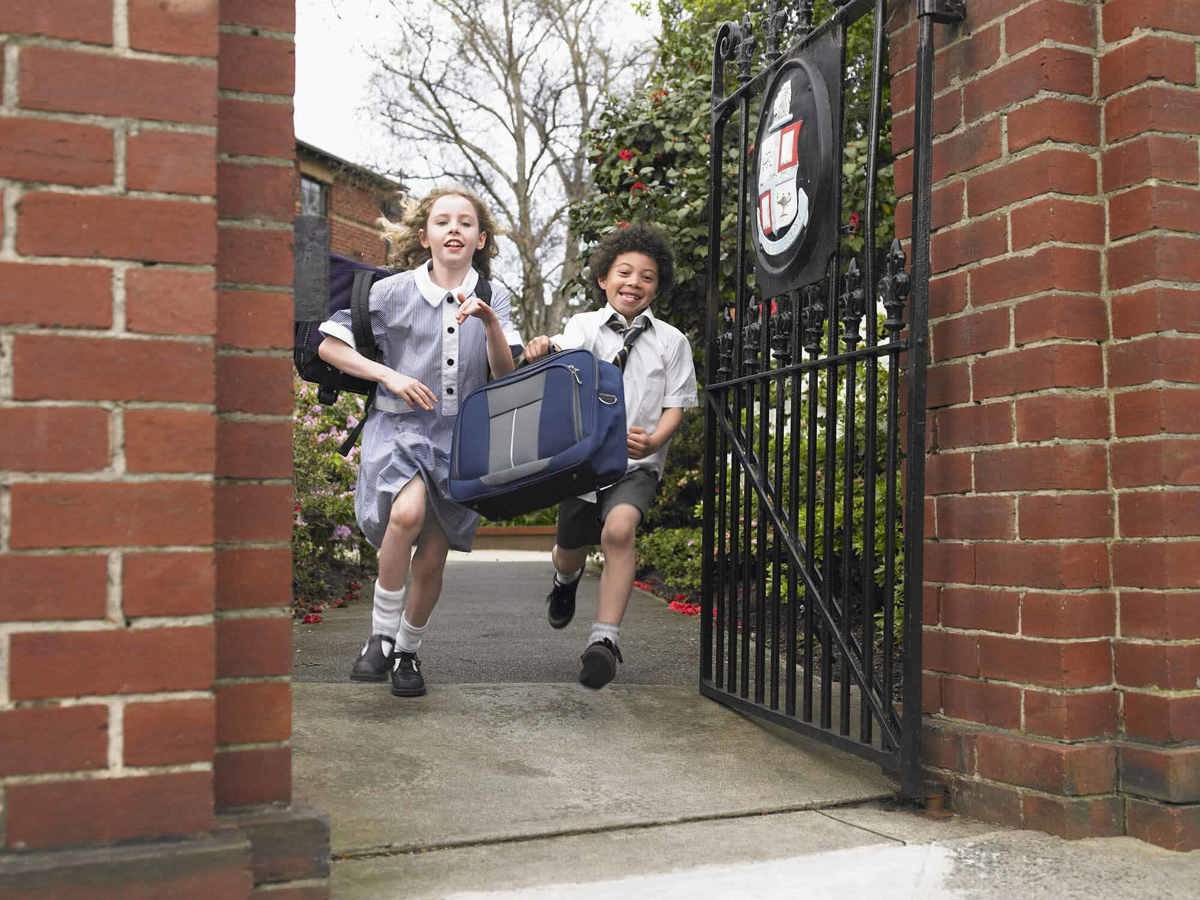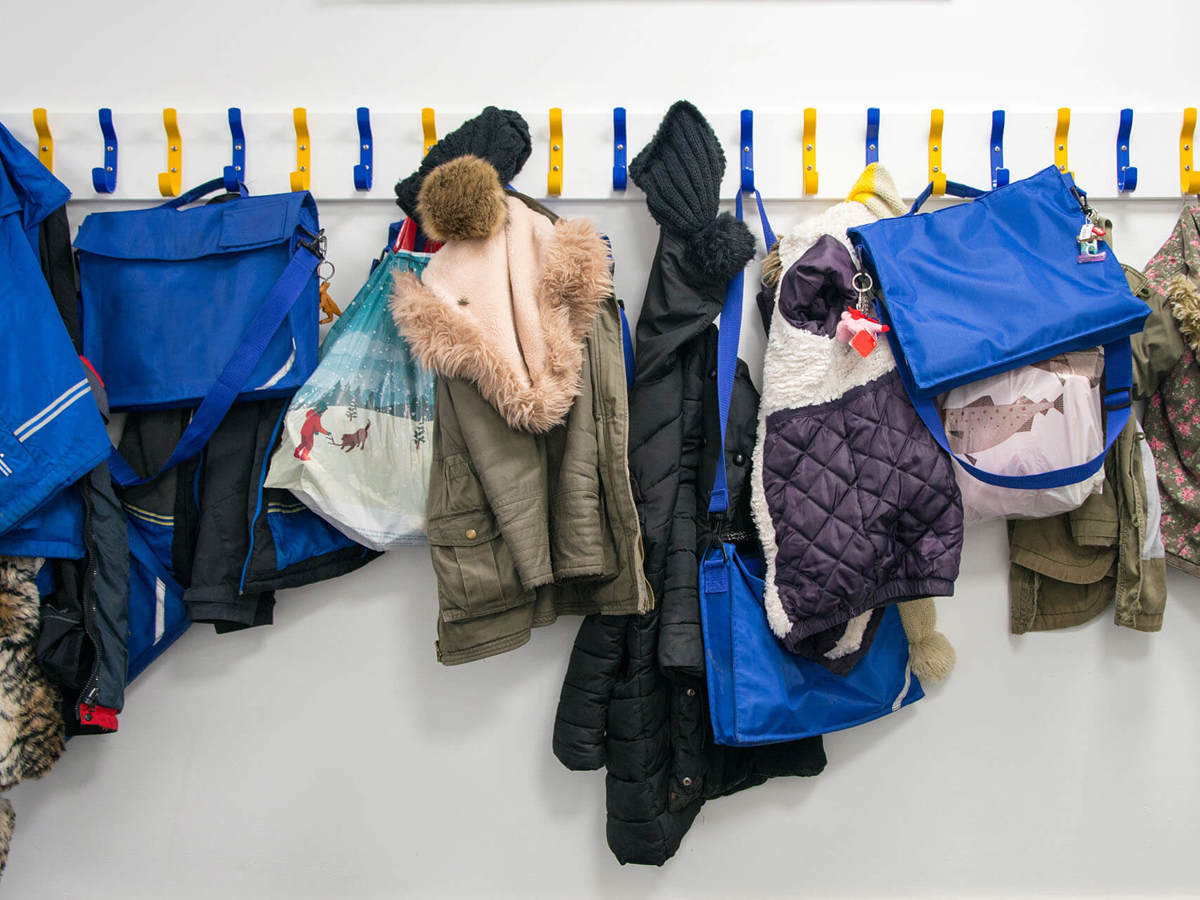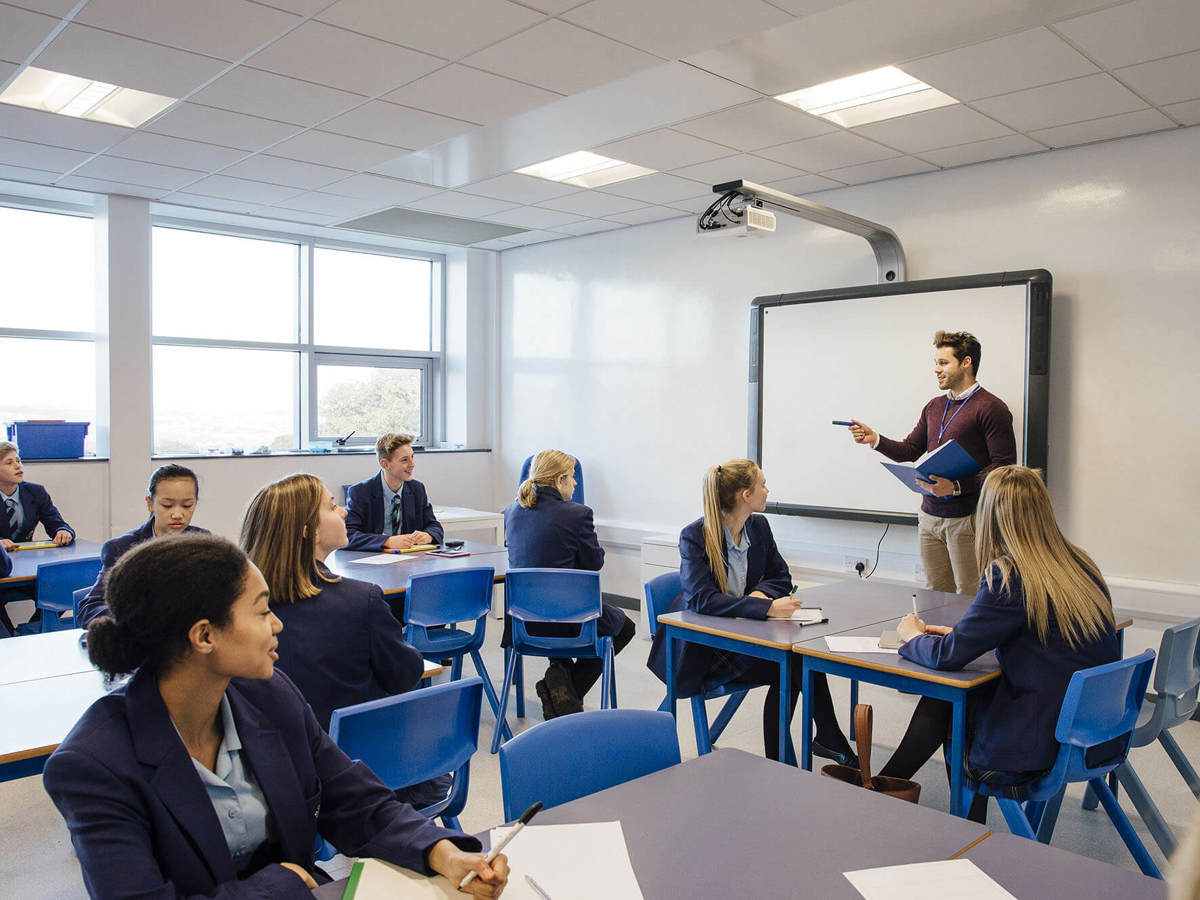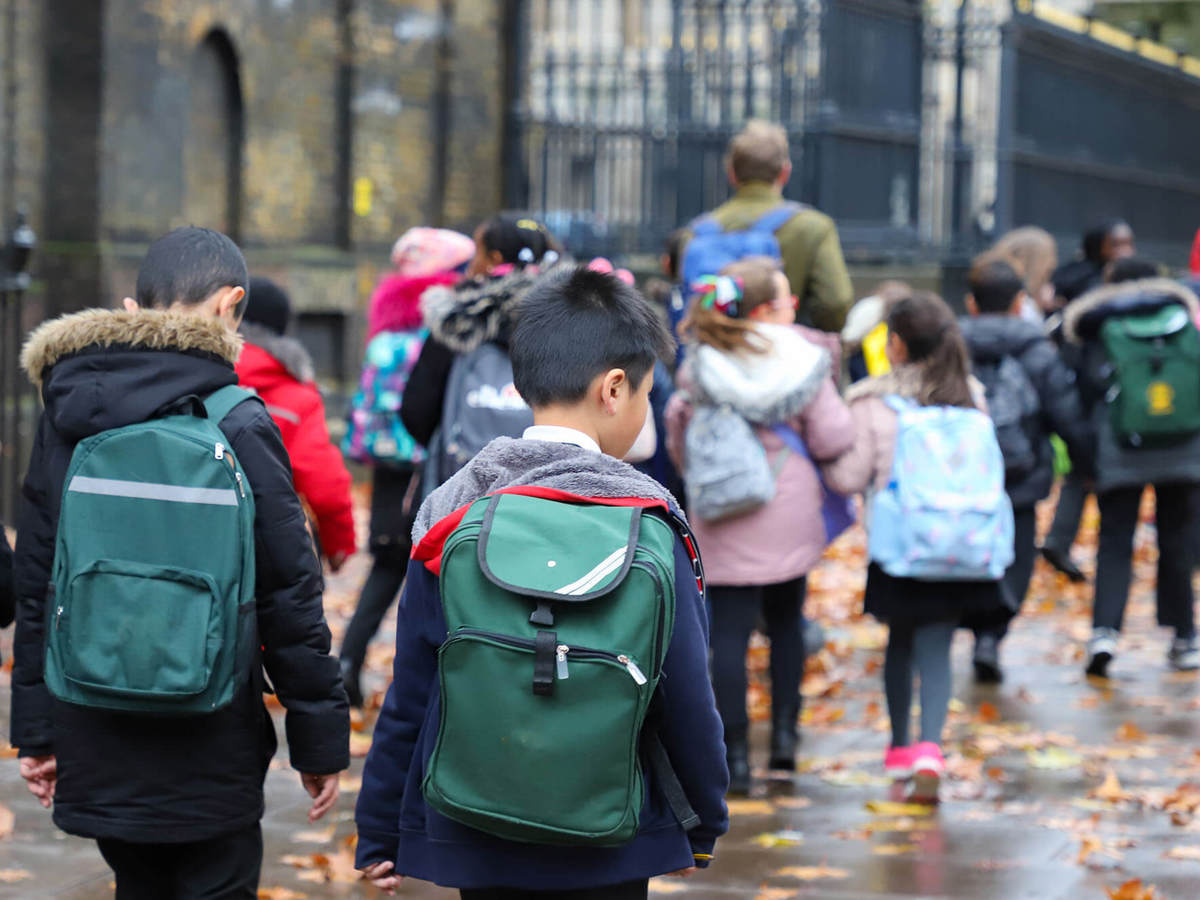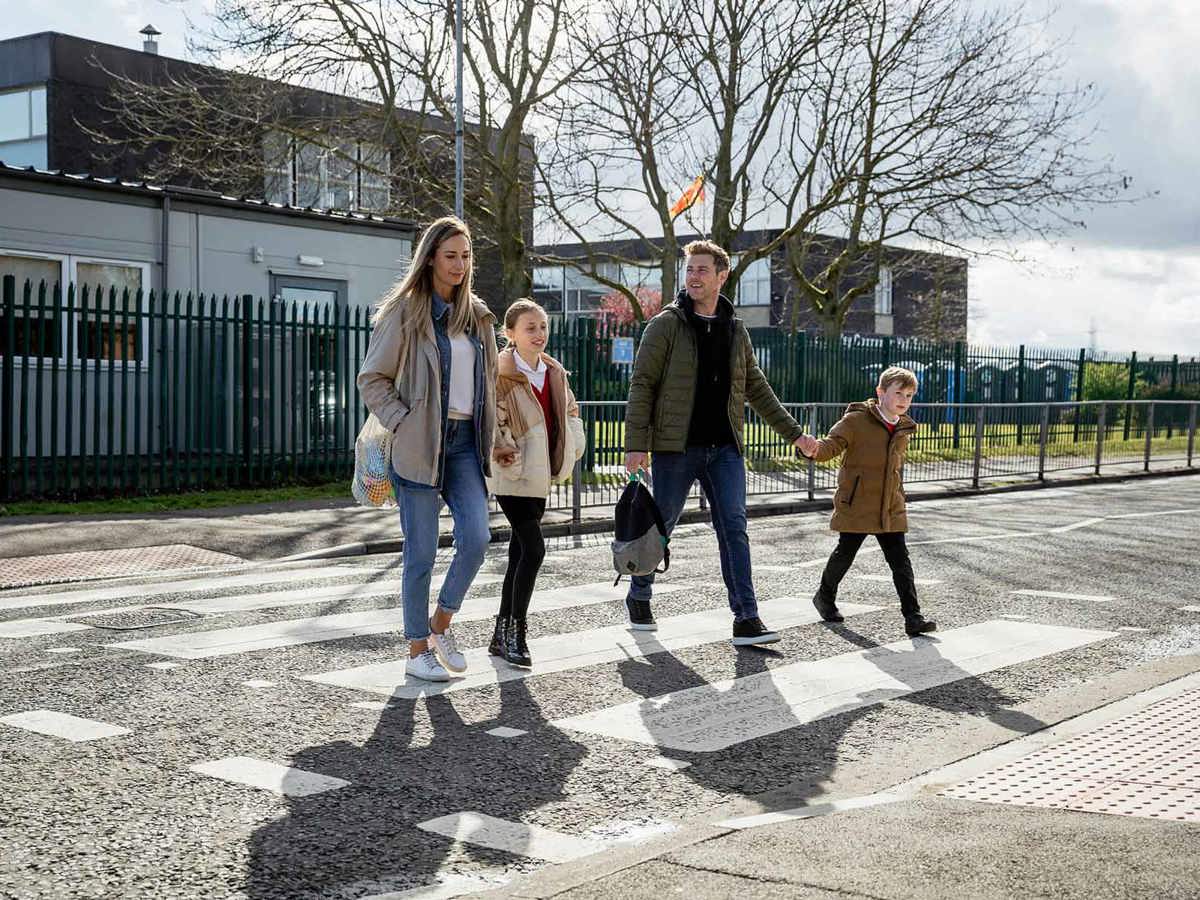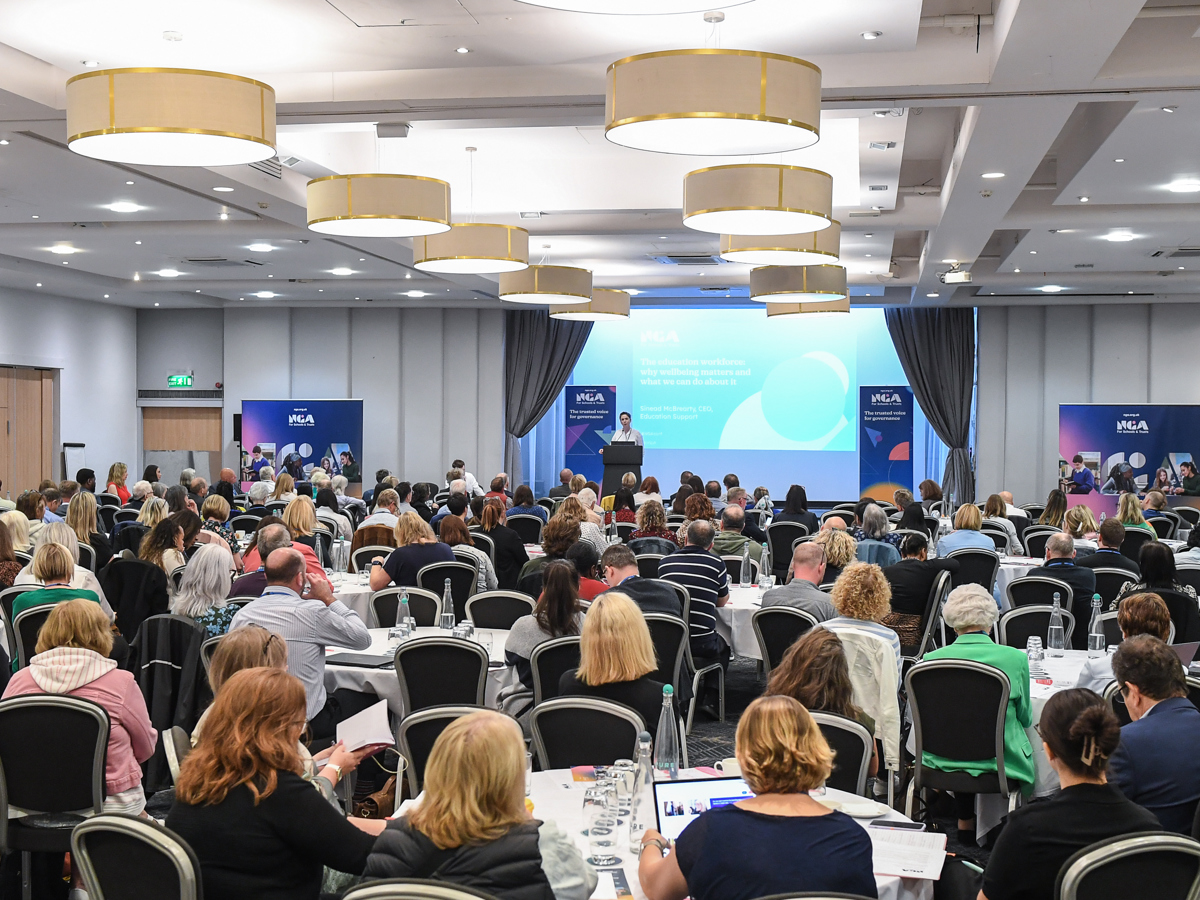Minister for Early Education writes to governors and trustees about school attendance
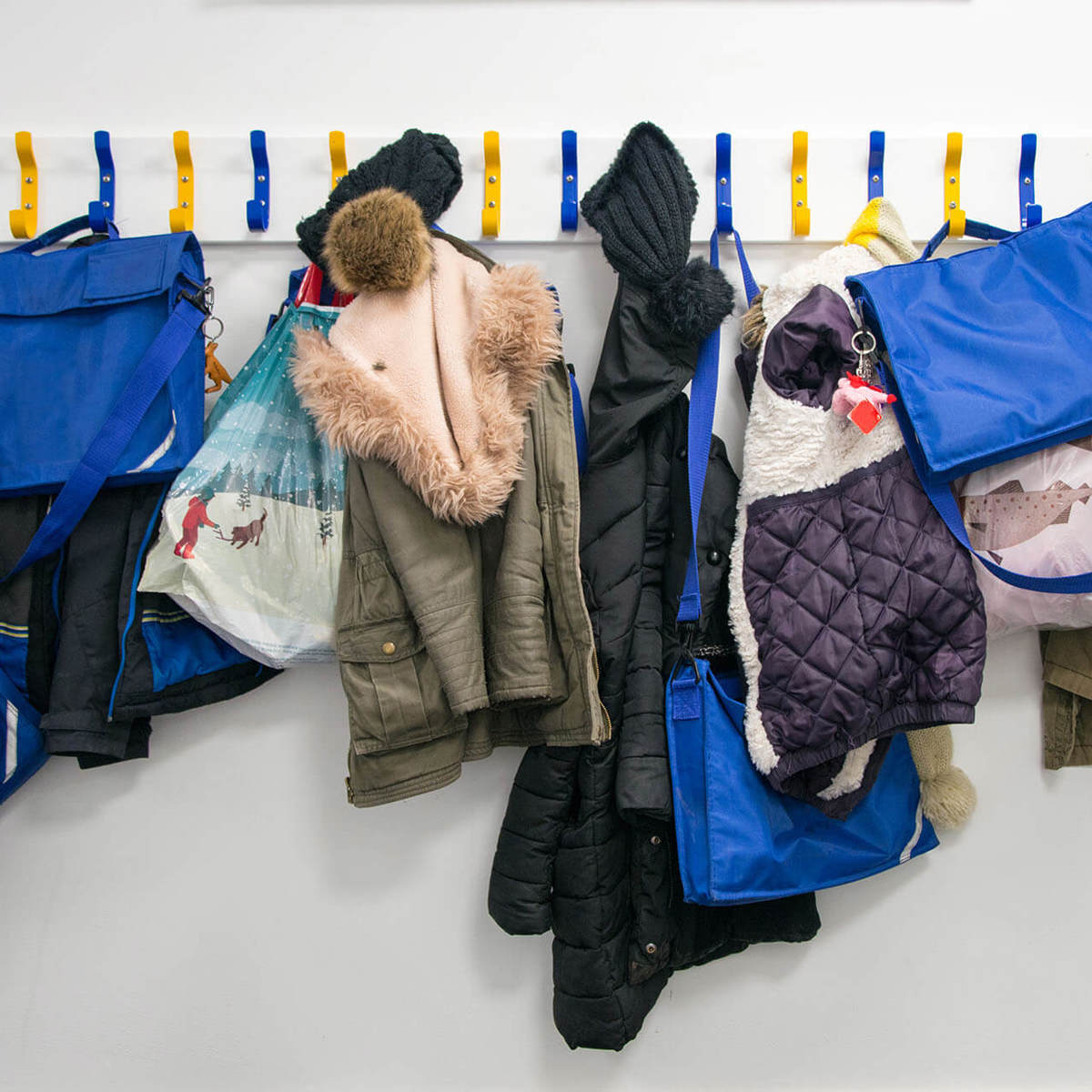
Olivia Bailey MP, Minister for Early Education and Minister for Equalities, has written to governors and trustees outlining new measures to help schools improve attendance.
The letter introduces Attendance Baseline Improvement Expectations (ABIEs), and additional government support for tackling persistent absence. Governors and trustees are encouraged to review their school’s attendance information, discuss it regularly at board meetings, and keep improving attendance as a key priority.
Read the letter in full
Dear colleague,
Every day at school counts. Even a few missed days can have a lasting impact on a child's learning, wellbeing, and future opportunities. That's why improving attendance is one of this Government's top priorities.
I know the vital role governors and trustees play in supporting and challenging schools and trusts to tackle absence. That's why I am writing to share details of the measures we are introducing today to help accelerate improvements across England and support every school to move closer to pre-pandemic attendance levels and beyond.
Thanks to your leadership and collaboration with schools and trusts, we've seen encouraging progress: pupils gained over 5 million additional school days last year, and 140,000 fewer children were persistently absent. These gains show what's possible when we work together. But absence remains too high, and there are a significant number of schools not seeing improvements. If we want to get back to at least pre-pandemic levels, we need to see more consistency across the system.
New Attendance Baseline Improvement Expectations (ABIEs)
From 2026/27 we are introducing Attendance Baseline Improvement Expectations (ABIEs) for mainstream schools. These will provide schools with minimum expectations for improvement, on an academic year-by-year basis. Mainstream schools have received an indicative ABIE for the 2025/26 academic year in their similar schools report to help them prepare and engage with support.
I want to be very clear - a school's ABIE is the minimum improvement we expect them to make over the course of the academic year. We expect many schools to significantly exceed their ABIE, and all schools should strive for the greatest possible improvements. ABIEs are carefully calibrated based on an individual school's previous year attendance, compared to the attendance of schools most like them, so that they are achievable based on a school's context. They are a floor, not a ceiling, and the reports set them out as part of a ladder of ambition back to pre-pandemic levels of attendance, or better.
Schools who consistently miss their ABIE or who miss their ABIE by some distance will be signposted to further support - including for example being encouraged to apply to join an attendance and behaviour hub.
School leaders can access their school's ABIE via their similar schools report. More information is available below. Academy trust leaders can access a .zip folder which contains the similar school reports for all schools in their trust, through the View Your Education Data service. These reports will include each schools' indicative ABIE for the 2025/26 academic year.
Naming higher performing similar schools
Alongside introducing ABIEs, we are increasing the routes schools have to support to improve attendance. Last academic year, the Government introduced the similar schools report which matches mainstream schools to around 20 other schools most like them.
Following huge demand, the similar schools report will now include the names of the higher performers in their group for overall attendance and persistent absence. I very much hope that this move will allow schools in similar circumstances to come together to create informal communities of practice.
Additional support for schools
We are also strengthening the support available to schools through:
- RISE Attendance & Behaviour Hubs: expanding access to expert-led peer support.
- Updated Attendance Toolkit: including new guidance on primary-to-secondary transition, a key moment for attendance dips with this half-term a particularly critical inflection point.
We know that some children face complex barriers to attendance, including health and SEND needs. It's important that schools don't feel alone in breaking down those barriers. That's why the Government is funding free breakfast clubs for all primary schools, providing all schools with access to specialist mental health professionals by 2029/30 by expanding Mental Health Support Teams and funding 1:1 support for 10,000 young people through our attendance mentors programme.
Your Role
School governors and academy trustees are vital to this mission. I ask that you:
- Ensure the school(s) you govern engage with their indicative ABIEs and similar school reports.
- Encourage the school(s) you govern who might be interested in joining an attendance or behaviour hub to sign up through our expression of interest form which is available here.
- Continue to support and challenge the school(s) you govern to keep attendance as a key focus of their school improvement
- Encourage leaders to make their similar school reports available to you for discussing during Board meetings.
Resources and Next Steps
Schools can sign up to join our next webinar on Tuesday, 25 November 2025, from 4:00 pm to 4:45 pm, to learn more about the latest features in the similar schools comparison reports.
Schools can access their Similar Schools Report via the Monitor Your School Attendance service. Academy trusts will be able to access a .zip folder of all school reports. Academy trust level reports will be available from 17 November.
Guidance and FAQs are available at: https://www.gov.uk/government/publications/working-together-to-improve-school-attendance
For support, visit:
https://www.gov.uk/government/publications/rise-support-for-improving-attendance-in-schools
Attendance matters because it underpins attainment, wellbeing, and safeguarding. I am determined that every child is in school, ready to learn and able to thrive.
Together, we can make that happen.
Thank you for your continued leadership.
With best wishes,
Olivia Bailey MP
Minister for Early Education and Minister for Equalities
